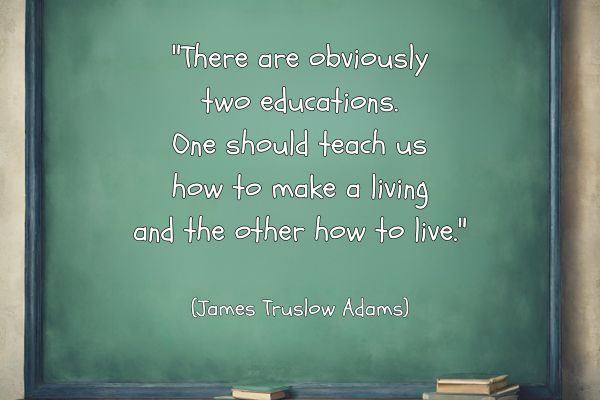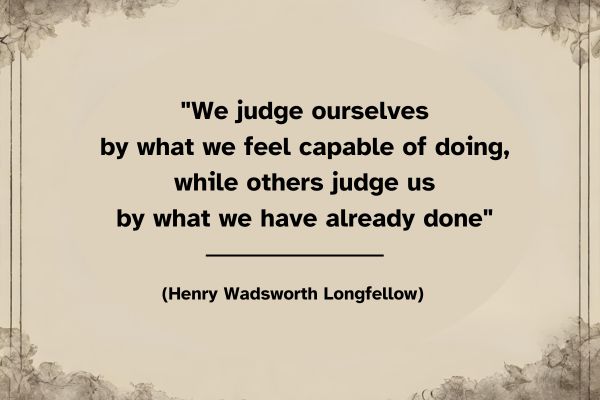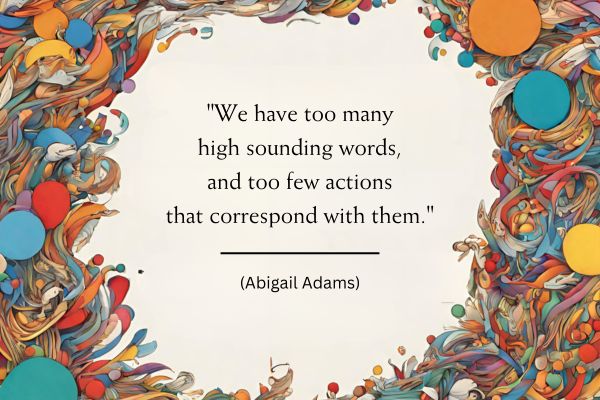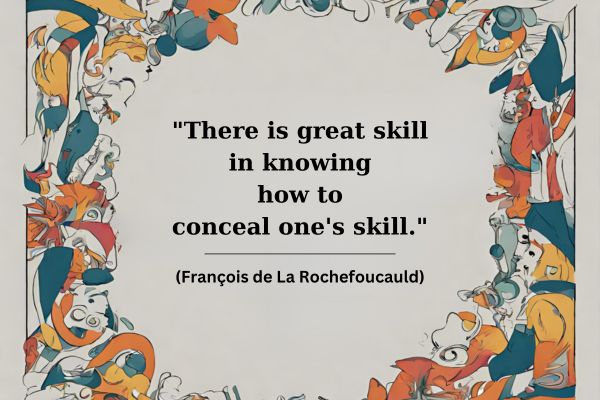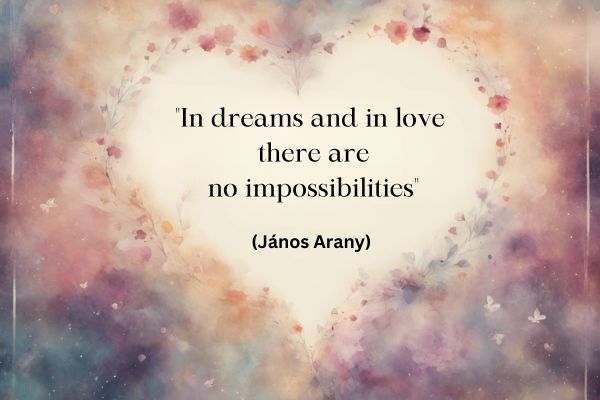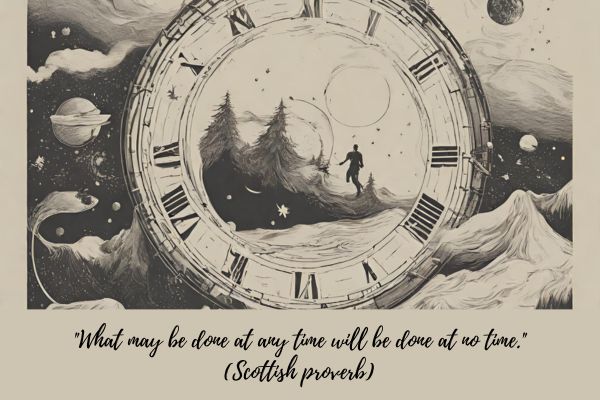The Soulful Dance of Coaching: Nurturing Transformative Connections
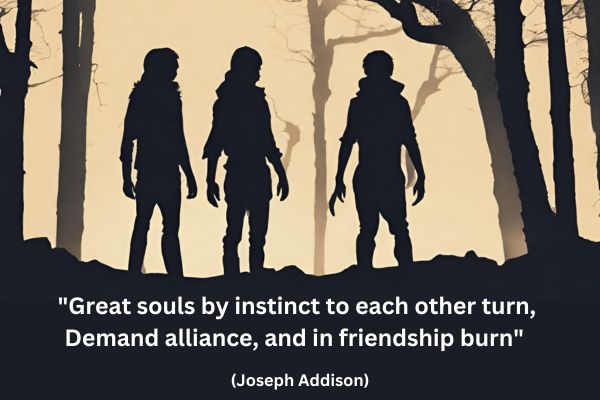
Today’s quote of the day is:
“Great souls by instinct to each other turn, Demand alliance, and in friendship burn” (Joseph Addison)
I think this quote resonated with me because it beautifully articulates the essence of deep connections. While its important to say at this stage that coaching is distinct from friendship, for me, there’s an undeniable resonance between these words and the profound experiences that coaching can cultivate.
Exploring the Indescribable:
Depending upon your style and approach, coaching can often delve into realms that challenge easy description. It’s an attempt to articulate the indescribable, a pursuit that might be deemed “woo-woo” by some. In this exploration, I invite you to ponder and recognize your own experiences, considering what draws you to coaching and what you seek in a coaching relationship, both as a coach and a client.
The Flame Within:
One of the enchanting moments in coaching is when a client connects with their “soul” — the instant when they come alive, and you witness the flame within them shining brightly. This transformative spark, often elusive and challenging to articulate, is a magnetic force that transcends mere words. It’s an integral part of my approach to coaching that not all training programs explicitly cover, yet it’s unmistakable when experienced and witnessed.
Authentic Presence and Connection:
Certain coaching approaches create an environment where both coach and client can be authentically present, open, and vulnerable. This authenticity fosters a deep connection that goes beyond verbal communication. Whilst not the only reason, it’s why some coaches insist on connecting with potential clients before committing to a coaching relationship, recognizing the importance of alignment on a profound level.
Believing in the Client:
The question of “believing in a client” might seem perplexing to some. From the perspective of seasoned coaches, the idea of not believing in a client is inconceivable. The alignment between coach and client goes beyond a professional fit; it’s about resonating on a deeper level. It’s about recognizing and respecting each other’s souls and being excited about embarking on a transformative journey together. (I did issue a “woo-woo” warning earlier ;))
I’m always very aware eith a new client, particularly if someone is used to doing everything they can to be the person they think they should be, allowing themselves to just be in that space can feel really vulnerable and can feel like it takes a lot to turn up. Whilst I don’t follow anything as formal as a script its usual for me to acknowledge that in some way during our first conversation – I’ve found it actually aids in the long term. I can often see a physical relaxation once that’s been acknowledged and we can move onto the rest of the conversation.
Beyond Transaction:
When this alignment occurs, I find that the coaching relationship transcends transactional boundaries. It becomes a sacred space for growth— its like a dance of energy to explore evolve. It’s not just about reaching goals; it’s a journey of transformation, where the internal flame burns brighter and stronger and acts as a guide.
A Transformative Journey:
Recognizing the deeper connection in this approach to coaching transforms it into more than just a service—it becomes a transformative journey. This dance of energy propels both coach and client towards growth, evolution, and a profound transformation. It’s about more than achieving objectives; it’s about that allusive term of authenticity.
Your Soulful Coaching Experience:
Do you resonate with this description and experience of coaching? Whether you’re a coach, a client, or someone considering coaching, share your insights in the comments. What draws you to your style of coaching, and what kind of connections do you seek in this transformative process? Your reflections might just inspire and resonate with others on their own coaching journeys. Feel free to share in the coments below.
About Jen Waller

Jen Waller is on a mission to support, nurture and encourage coaching skills and talents from non-coach to coach and beyond.
As an experienced coach and trainer Jen is happy to utilise all skills at her disposal to assist clients from getting out of their own way and making a difference in the world with their coaching. Find out more about the support Jen offers here.
